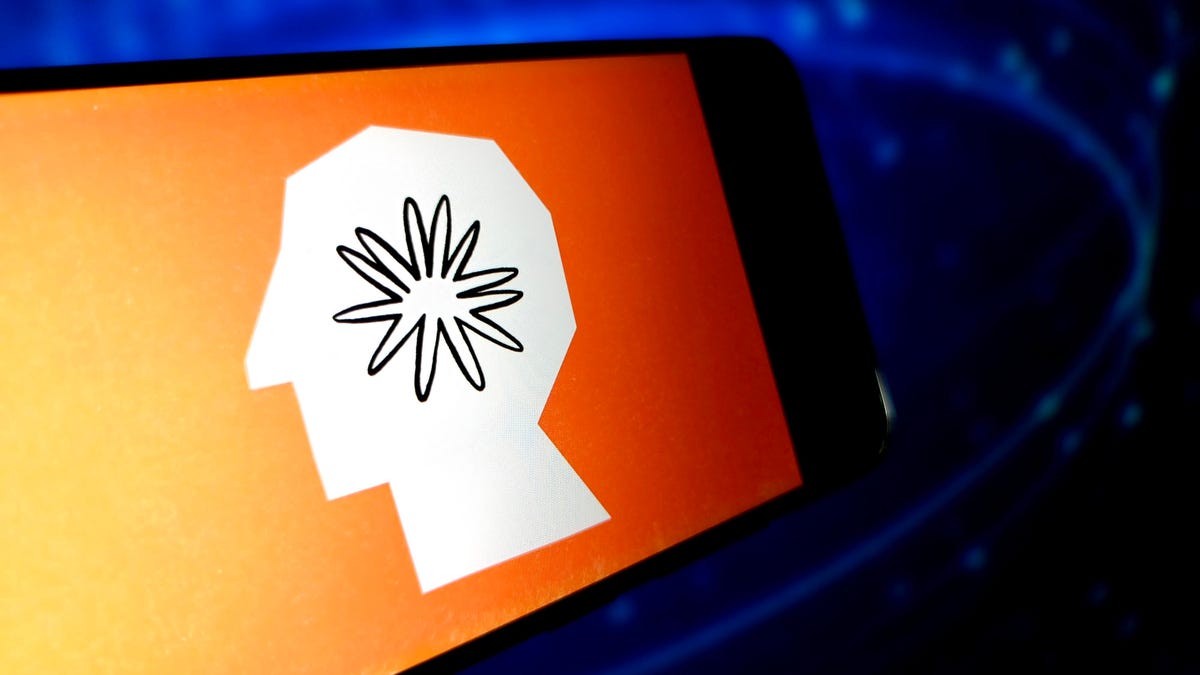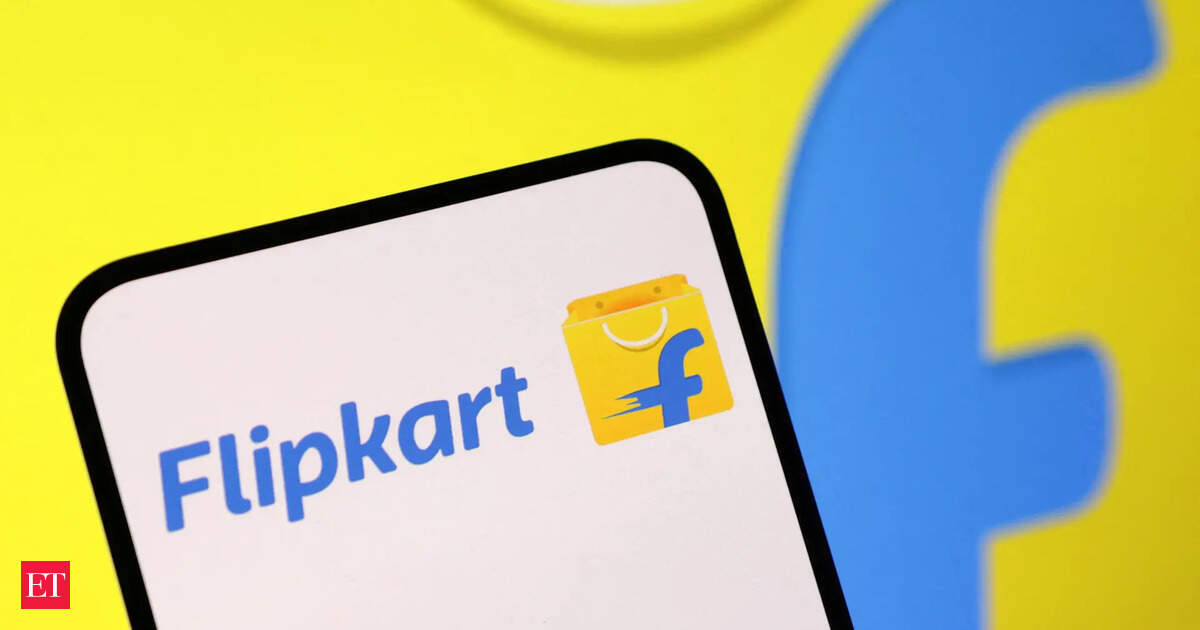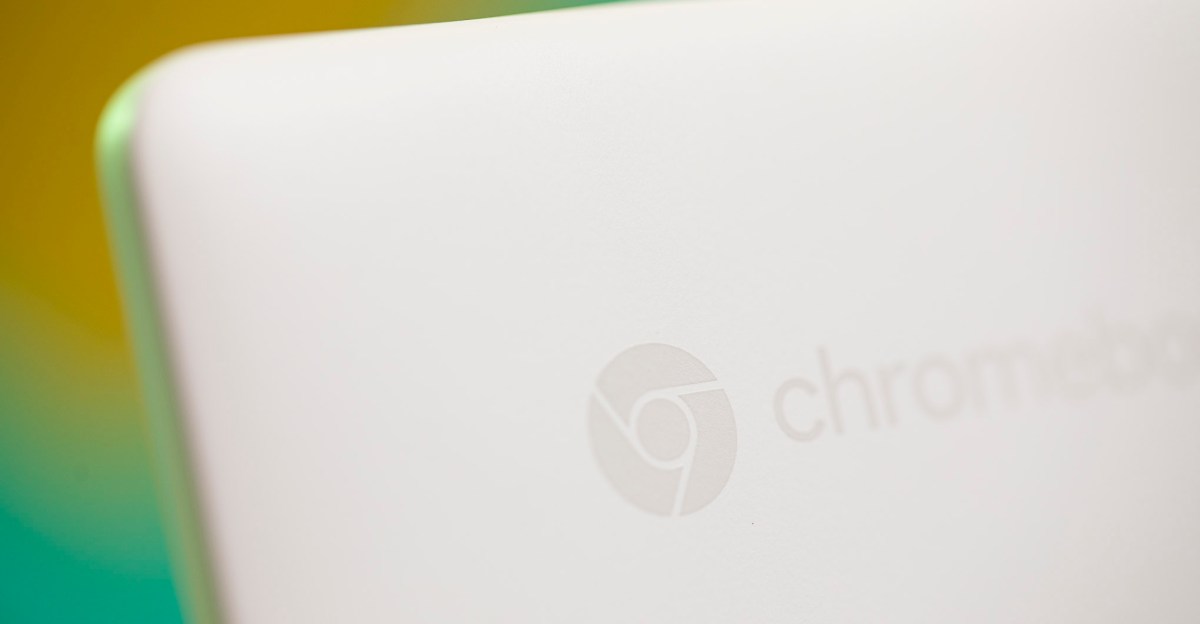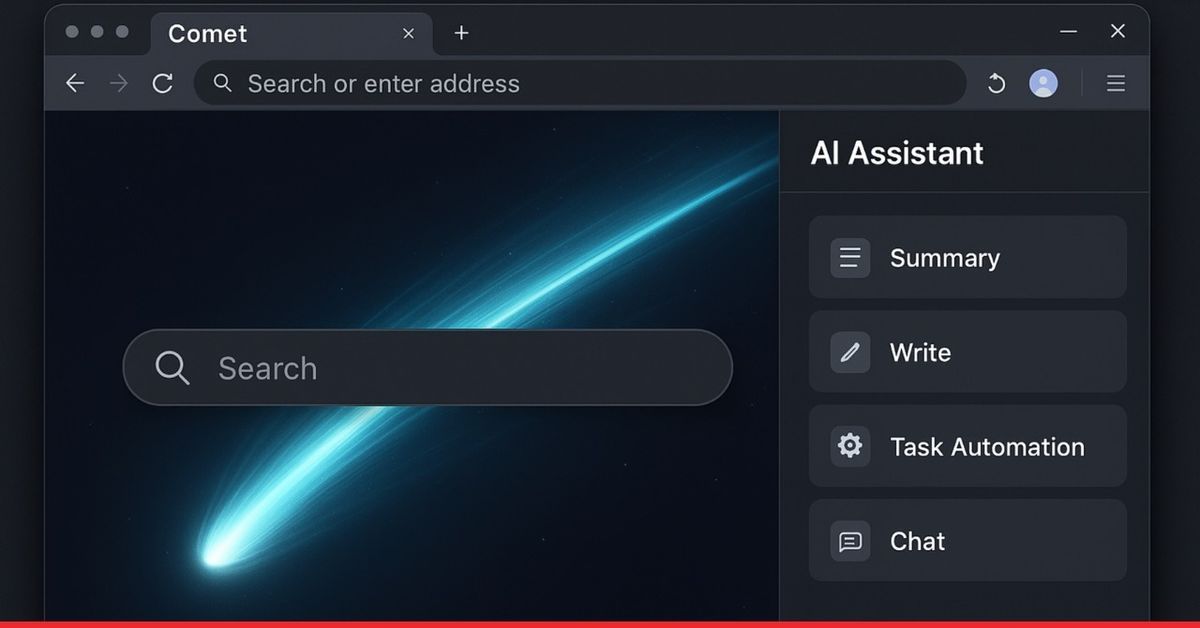
Claude just gained a little more autonomy.
Anthropic, the AI start-up behind Claude, announced Monday that the system can now directly interact with and pull information from a directory of third-party apps and websites, including Stripe, Figma, Prisma, Canva, Asana, and others. The idea is to save users time that would ordinarily be spent transferring information from Claude’s outputs into one of those external services, and vice versa.
Also: Claude might be my new favorite AI tool for Android – here’s why
“Now Claude can have access to the same tools, data, and context that you do — transforming it from a helpful assistant into an informed AI collaborator that gives you more relevant responses and can work with you directly in your tools,” Anthropic wrote in a press release published Monday.
How does it work?
The new directory is populated by “connectors,” or links to various websites and desktop extensions. Think of them as digital gateways through which Claude can access your data and weave it into new assets.
For example, you can now prompt the chatbot to pull your company’s revenue data from Stripe and organize it into an easily digestible quarterly report, rather than having to transfer the data yourself into an AI-generated template. Or if you’re a project manager and need to update your team’s Asana workflow following a team meeting, you can prompt Claude to reference and pull all relevant information from an Apple Notes doc. Similarly, product developers can ask Claude to pull notes from Linear to track a bug-fixing process, and graphic designers can easily prompt Claude to create designs in Canva.
“Claude is quickly becoming an essential creative partner for millions of people, and this integration brings Canva’s full design capabilities directly into that experience,” Anwar Haneef, head of ecosystem at Canva, said in a statement. “Instead of uploading or manually transferring ideas, users can now generate, summarize, review, and publish Canva designs, all within a Claude chat.”
How to access
The new directory for Claude is available now for all web and desktop users. You can visit the directory here and give Claude permission to access your third-party work data by clicking “Connect.”
More capable chatbots
The announcement arrives at a time when tech developers are busily working to broaden the capabilities of chatbots, driven by an industry-wide belief that the future will be filled with AI agents — systems that can go beyond merely providing text responses to user queries by autonomously pulling external information from across the web.
An agentic travel-planning tool, for instance, might be able to book flights, hotels, and restaurants on your behalf, while also interacting with you directly and in natural language to answer all of your travel-related questions.
Also: How agentic AI is transforming the very foundations of business strategy
The push into agents is co-occurring with — and directly fueled by — what’s effectively become a kind of digital real estate competition among AI companies. Chatbots are no longer siloed by website or app; they’re being deployed across an increasingly vast online landscape, connected with a growing number of external apps, as tech giants vie to make their proprietary AI models essentially the default operating systems for the next evolutionary stage of the internet.
ChatGPT’s image-generation feature, to cite just one recent example, can now be accessed on Meta-owned WhatsApp. OpenAI, which owns the chatbot, also reportedly has plans to weave it into a new suite of productivity tools that would rival the likes of Google Workplace and Microsoft Office 365.
Anthropic’s own computer use tool, which debuted in October, allows Claude to interact with the digital tools on a desktop in much the same way that a human user would.
Get the morning’s top stories in your inbox each day with our Tech Today newsletter.





